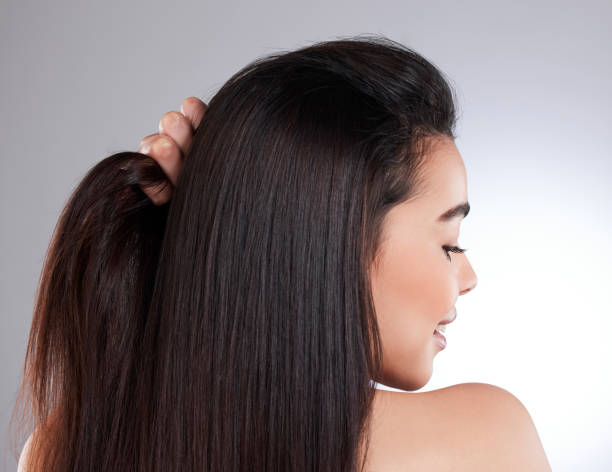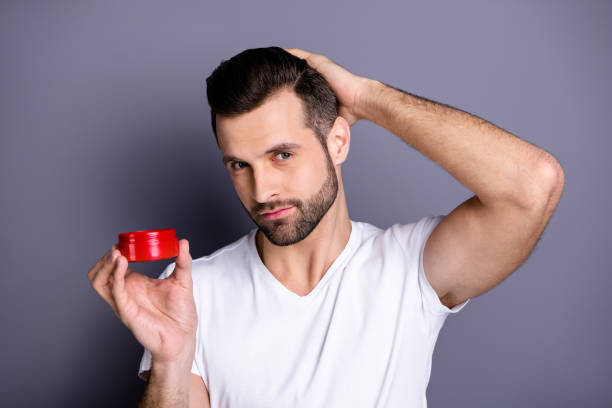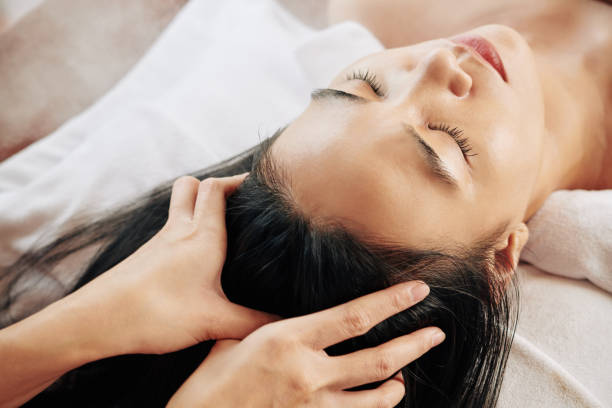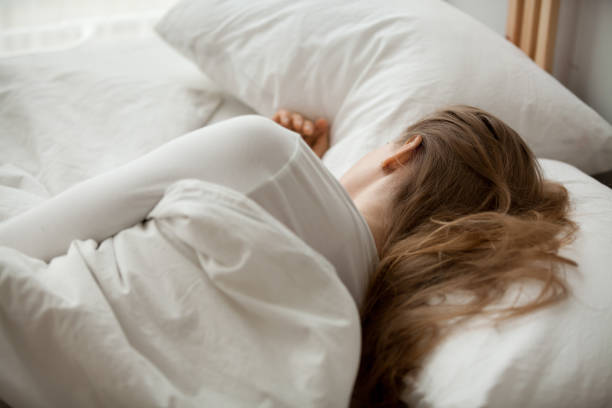Oily Hair Prevention: A Step-by-Step Guide
Start by
understanding the cause of oily hair. Oily hair is caused by overactive
sebaceous glands, which produce too much sebum, the natural oil that keeps your
hair and scalp healthy. Factors such as genetics, hormonal changes, and stress
can contribute to oily hair.
Use a gentle,
sulfate-free shampoo. Sulfates are harsh detergents that can strip your hair of
its natural oils and make your scalp produce more oil to compensate. Look for
shampoos that are labeled as "oil-free" or "gentle" and
that do not contain sulfates.
Wash your
hair less frequently. The more you wash your hair, the more you strip it of its
natural oils, which can lead to an overproduction of sebum. Try to wash your
hair every other day or even less frequently if possible.
Use dry
shampoo. Dry shampoo is a powder that absorbs excess oil and can give your hair
a fresh, clean look in between washes. It is particularly useful for people
with oily hair as it can help to absorb the excess oil and give your hair a
clean look.
Use a
clarifying shampoo. A clarifying shampoo is a deep-cleansing shampoo that helps
to remove buildup of oils and other products from your hair and scalp. Use it
once a week to help remove excess oils and refresh your hair.
Avoid using
styling products that contain oil. Using products like hair serums, pomades,
and hair oils can add to the oiliness of your hair and make it look greasy.
Try using an
astringent like witch hazel or apple cider vinegar. Astringents can help to
reduce the production of sebum and balance the pH of your scalp. Mix a small
amount of astringent with water and apply it to your scalp before shampooing.
Consider
using a hair-care product that contains salicylic acid. Salicylic acid is an
ingredient that helps to remove excess oil and can help to prevent future
oiliness.
Try using a
hair-care product that contains tea tree oil. Tea tree oil is an essential oil
that is known for its anti-inflammatory and anti-bacterial properties. It can
help to reduce the production of sebum and soothe the scalp.
Lastly, be
mindful of your diet and lifestyle. Eating a healthy, balanced diet and
managing stress can help to reduce the production of sebum and keep your hair
and scalp healthy.
It's important to note that while these tips may help to reduce the oiliness of your hair, it's also important to consult a dermatologist or trichologist if you have chronic oily hair as it could be an indication of an underlying condition such as hormonal imbalances, thyroid disorder or other medical conditions.








Leave a Reply